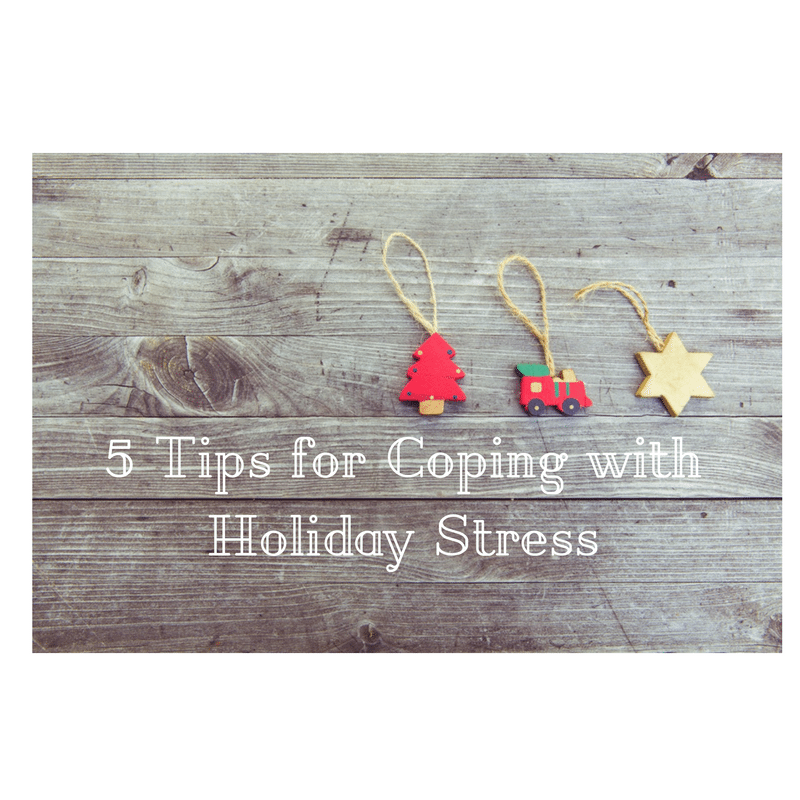
5 Tips for Coping with Holiday Stress
The holiday season is filled with joy, wonder, and magic to many. For others, it can be an overwhelming and stressful time with family in town, work deadlines looming, and just planning to have a holly jolly holiday with your loved ones. If you find the stress seeping into every part of your day during the holiday season, you’re not alone. We’ve put together five tips for coping with the holiday stress in your life to help you get through the hard times. 5 Tips for Coping with Holiday Stress in Your Life Stick to a Budget One of the ways holidays get out of control for people is the cost. Presents, dinners, gift cards, and more add up and if you don’t stick to a budget – or exceed it – it can cause undue stress on you mentally, emotionally, and financially. Before the holidays begin, set a budget, stick to it, and set aside money in advance so that you don’t feel overwhelmed come winter. Get in Your Exercise You may not be the most active person but the holidays tend to make us want to curl up on the sofa and get away from it all. Get in some exercise every day, even if it’s just something as simple as cleaning your home, walking around the block, or taking a break during the day to hit the gym. Just a little bit of exercise each day can brighten your mood and help you overcome stress. Don’t Sweat the Small Stuff Just like any other day of your life, the holidays are filled with difficulties. Don’t let them get to you! Something may happen that derails your day but don’t let it control your life. Let go of the small stuff, everything thrown your way can be handled even if it doesn’t seem like it at the moment. Take Some Time for Yourself Don’t feel selfish walking away from it all for a while during the holidays, especially if you have family in town. A quick breather away from the chaos can help calm your nerves, anxiety, and stress allowing you to handle whatever’s thrown your way. Pop into the bathroom, head out on the porch or go for a short walk to collect your thoughts and tackle the next challenge. Pick and Choose Your Battles No matter what happens during the holidays, you don’t have to deal with everything coming at you. Pick and choose your battles, especially if they involve relatives, and just let some of it go. Not everything has to be dealt with, argued about, or even discussed. Learn what’s important to fight for and let everything else fall to the wayside to melt stress. While the holidays are a stressful time for most, remember that at the end of the day, they, too, shall pass.











